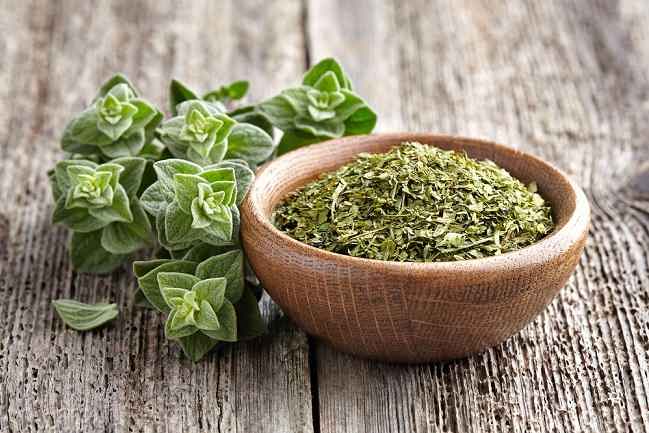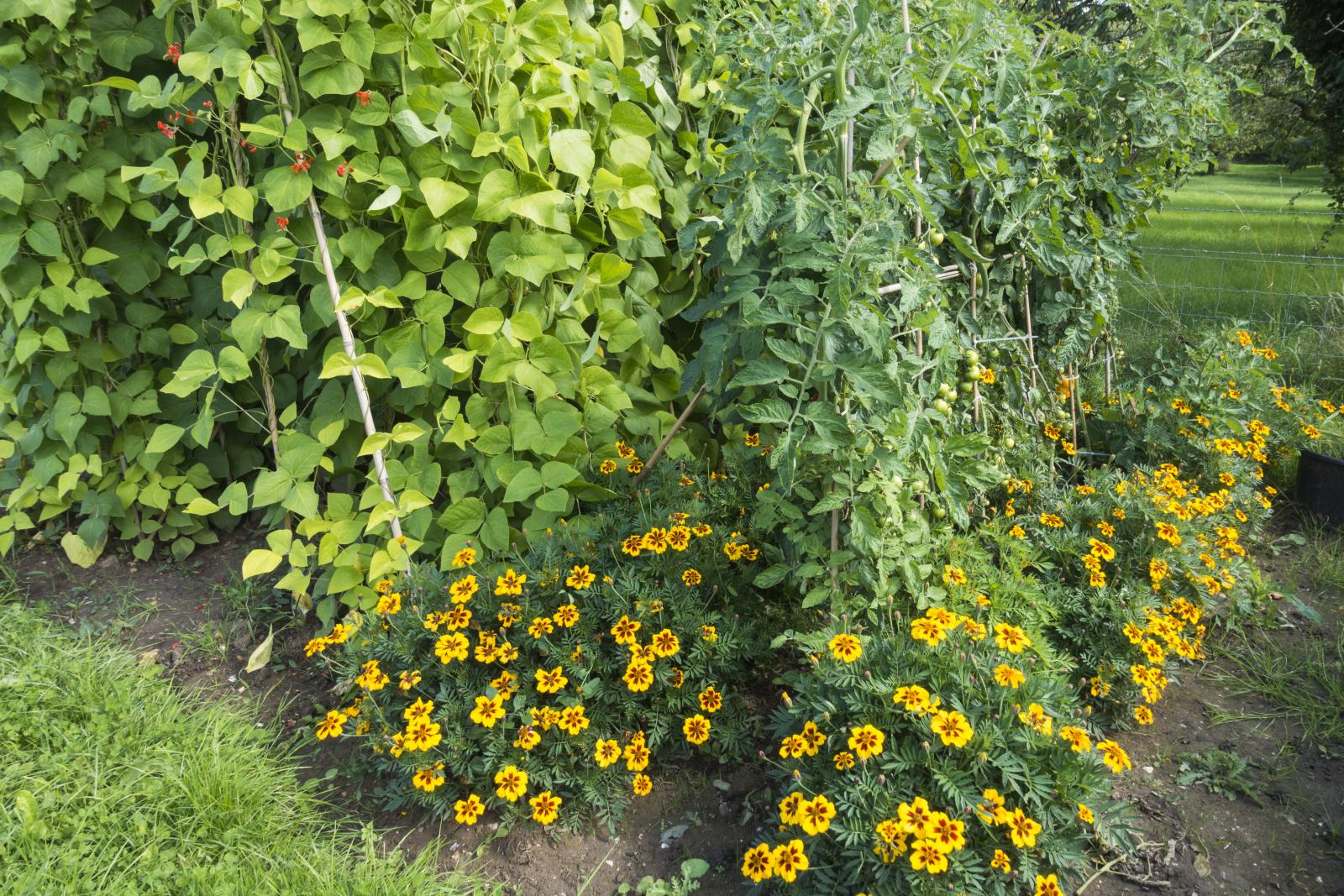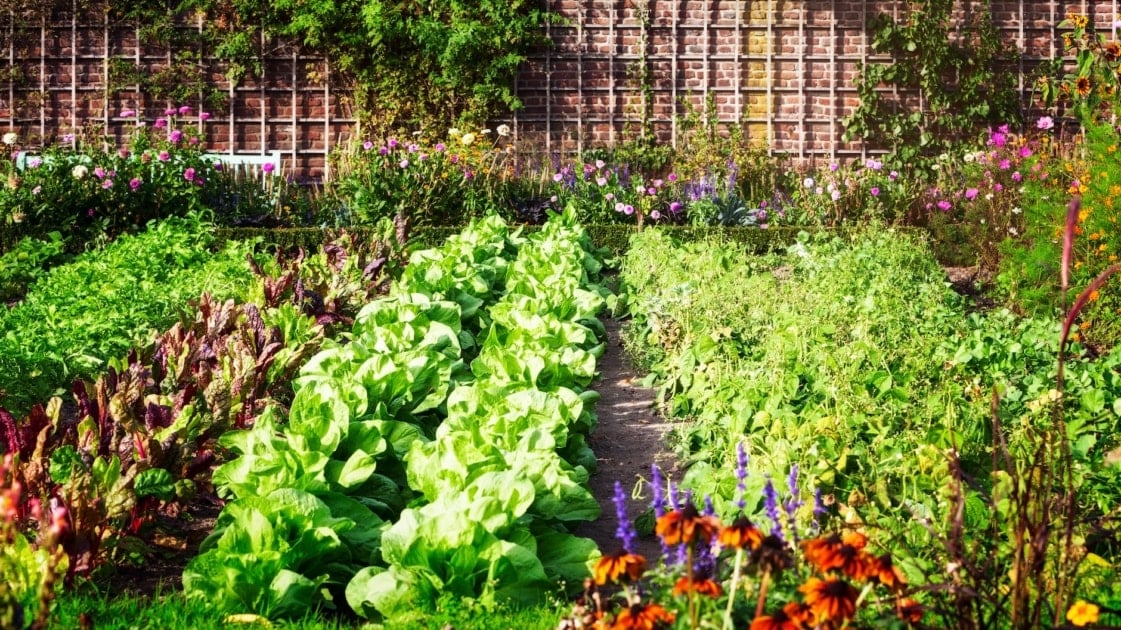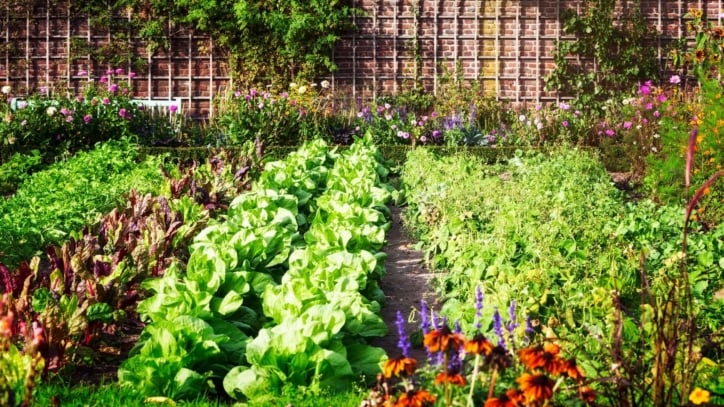Savory Companion Plants: The Ultimate Guide To Growing A Healthy Herb Garden
Savory Companion Plants: The Ultimate Guide to Growing a Healthy Herb Garden
Herbs are a great way to add flavor and nutrition to your meals, and they can also be beautiful additions to your garden. But did you know that certain herbs can actually benefit each other when planted together? This is called companion planting, and it's a great way to create a healthy and productive herb garden.
In this blog post, we'll discuss some of the best savory companion plants, as well as how to plant them together for optimal results. We'll also provide some tips on how to care for your herb garden so that you can enjoy fresh, flavorful herbs all season long.
What are Savory Companion Plants?
Savory companion plants are herbs that benefit each other when planted together. They may do this by attracting beneficial insects, repelling pests, or improving the soil quality. Some of the most popular savory companion plants include:
- Basil: Basil is a great companion plant for tomatoes, as it helps to deter the tomato hornworm. It also attracts beneficial insects, such as ladybugs and hoverflies.

- Chives: Chives are another great companion plant for tomatoes, as they help to repel aphids and other pests. They also improve the flavor of tomatoes.
- Garlic: Garlic is a powerful pest repellent, and it can be planted near many different types of vegetables, including tomatoes, beans, and broccoli.

- Oregano: Oregano is a good companion plant for carrots, as it helps to repel carrot flies. It also improves the flavor of carrots.

- Rosemary: Rosemary is a good companion plant for cabbage, broccoli, and cauliflower, as it helps to deter cabbage moths and other pests. It also improves the flavor of these vegetables.
- Sage: Sage is a good companion plant for beans, as it helps to attract beneficial insects that help to control pests. It also improves the flavor of beans.

- Summer Savory: Summer savory is a good companion plant for beans, melons, and onions. It helps to repel pests and improve the flavor of these vegetables.

- Thyme: Thyme is a good companion plant for many different types of vegetables, including tomatoes, peppers, and eggplants. It helps to repel pests and improve the flavor of these vegetables.
How to Plant Savory Companion Plants
When planting savory companion plants, it's important to consider their mature size and spacing requirements. Some herbs, such as basil and oregano, can grow quite large, so they should be planted at least 12 inches apart. Other herbs, such as chives and thyme, are more compact and can be planted closer together.
It's also important to consider the sun exposure requirements of your chosen herbs. Some herbs, such as basil and rosemary, need full sun, while others, such as chives and sage, can tolerate partial shade.
Once you've chosen your herbs and considered their spacing and sun exposure requirements, you can start planting! Follow the instructions on the plant tag for specific planting instructions.
How to Care for Your Savory Herb Garden
Once your savory herb garden is planted, it's important to water it regularly, especially during hot, dry weather. You should also fertilize your herbs every few weeks with a balanced fertilizer.
In addition to watering and fertilizing, it's also important to keep an eye out for pests and diseases. If you see any problems, take action immediately to prevent them from spreading.
With proper care, your savory herb garden will thrive and provide you with fresh, flavorful herbs all season long.
Conclusion
Savory companion planting is a great way to create a healthy and productive herb garden. By planting herbs that benefit each other, you can help to improve the growth, flavor, and pest resistance of your plants.
With a little planning and care, you can enjoy fresh, flavorful herbs from your own garden all season long.
Savory is a versatile herb that can be used in a variety of dishes, from soups and stews to roasted vegetables and grilled meats. It has a strong, savory flavor that can add depth and complexity to any meal.
When planting savory, it's important to consider its companion plants. Some good companions for savory include beans, melons, onions, garlic, and tomatoes. These plants can help to deter pests, improve soil quality, and enhance the flavor of savory.
For more information about savory companion plants, I recommend visiting Gardenia Inspiration. This website provides a comprehensive list of companion plants, as well as detailed information about the benefits of each combination.
FAQ of savory companion plants
1. What are some good companion plants for savory?
Savory is a member of the mint family, and as such, it benefits from being planted near other herbs in the mint family, such as basil, oregano, and thyme. These herbs all have similar growing requirements and can help to deter pests and diseases. Other good companion plants for savory include tomatoes, cabbage, broccoli, and cauliflower. Tomatoes can help to improve the flavor of savory, while cabbage, broccoli, and cauliflower can benefit from the insect-repelling properties of savory.
2. How far apart should savory plants be planted?
Savory plants should be spaced about 12-18 inches apart. This will give them enough room to grow and spread without crowding each other.
3. What kind of soil does savory need?
Savory prefers well-drained soil that is rich in organic matter. The soil pH should be between 6.0 and 7.5.
4. How much sun does savory need?
Savory needs full sun to partial shade. It will tolerate some light shade, but it will not produce as much foliage or flowers if it does not get enough sun.
5. How often should savory be watered?
Savory needs regular watering, but it is important to avoid overwatering. The soil should be kept moist, but not soggy.
Image of savory companion plants
- Summer savory and beans. Summer savory is a good companion plant for beans because it helps to repel pests such as aphids and bean beetles. It also helps to improve the growth and flavor of beans.

- Summer savory and tomatoes. Summer savory is another good companion plant for tomatoes. It helps to repel pests such as mosquitoes, flies, and whiteflies. It also helps to improve the flavor of tomatoes.

- Summer savory and onions. Summer savory is also said to help to make onions sweeter when planted nearby.

- Winter savory and other perennial herbs. Winter savory is a perennial herb that can be grown alongside other perennial herbs such as hyssop, lavender, thyme, and sage. These herbs all have similar needs and can help to support each other's growth.

- Savory and flowers. Savory flowers are attractive to bees and other pollinators, so they can be planted alongside flowers to attract these beneficial insects to the garden.


Post a Comment for "Savory Companion Plants: The Ultimate Guide To Growing A Healthy Herb Garden"